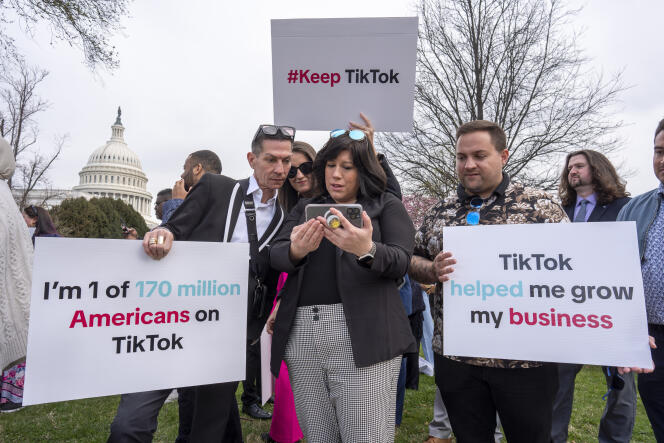


The seamless and addictive experience of scrolling through endless videos has been the cornerstone of TikTok's success, making it the world's most downloaded app between 2020 and 2022. Zhang Yiming, the founder of ByteDance, TikTok's parent company, shared this vision with his employees as early as 2015 during a corporate seminar. After the Lunar New Year break, he invited several dozen employees to the island of Okinawa, Japan. That is when, in a traditional restaurant in Naha, the tech entrepreneur (a reserved man with a geeky demeanor) elaborated on his vision. The Chinese were already widely equipped with smartphones and moving away from their PCs, and mobile Internet speeds were starting to meet the demand. Zhang wanted to revolutionize the way information was accessed with a paradigm under which it was no longer necessary to click and search because the new applications could automatically suggest content tailored to the customers' tastes.
ByteDance developers would have to work on an application that constantly presented users with new videos. While not the only company moving in this direction, ByteDance had the advantage of having enjoyed success with Jinri Toutiao, an information aggregator already equipped with a powerful algorithm capable of learning from customer choices to improve recommendations. "The app model based on an artificial intelligence algorithm [AI] based 100% on user interests really emerged in China," said Guo Yu, who at the time was one of the chief engineers at the ByteDance start-up.
The app, launched at the end of 2016 and named Douyin ("move to music" in Chinese), and particularly its version outside China launched in 2017, TikTok, have found themselves at the center of political attention in the United States. On Wednesday, March 13, in Washington, members of the House of Representatives voted overwhelmingly in favor of a law that would force ByteDance to sell TikTok to a non-Chinese entity or be banned in the US. The bill still needs to go through the Senate, which is currently less convinced, but it represents a warning for Chinese companies at a time when America and Europe are questioning the risks of their exposure to China. Three of the four most downloaded free applications on Android phones in the USA are currently Chinese: Temu, TikTok, and Shein, just behind WhatsApp, which is owned by Meta.
Their success demonstrates that the liberal atmosphere of California is not the only one from which innovation can emerge. Employees of the new Chinese tech champions describe a tough but determined work environment, yielding impressive results. Guo Yu, who stayed at ByteDance from 2014 to 2020, recalled living at an even more demanding pace than the "9-9-6" often mentioned in the Chinese tech industry – start at 9 am, finish at 9 pm, six days a week. "We actually started around ten o'clock, but we always ended late into the night, around 1 or 2 am, even on Saturdays," he said. "It's very different from Silicon Valley, but it proved crucial for designing TikTok."
You have 53.81% of this article left to read. The rest is for subscribers only.
